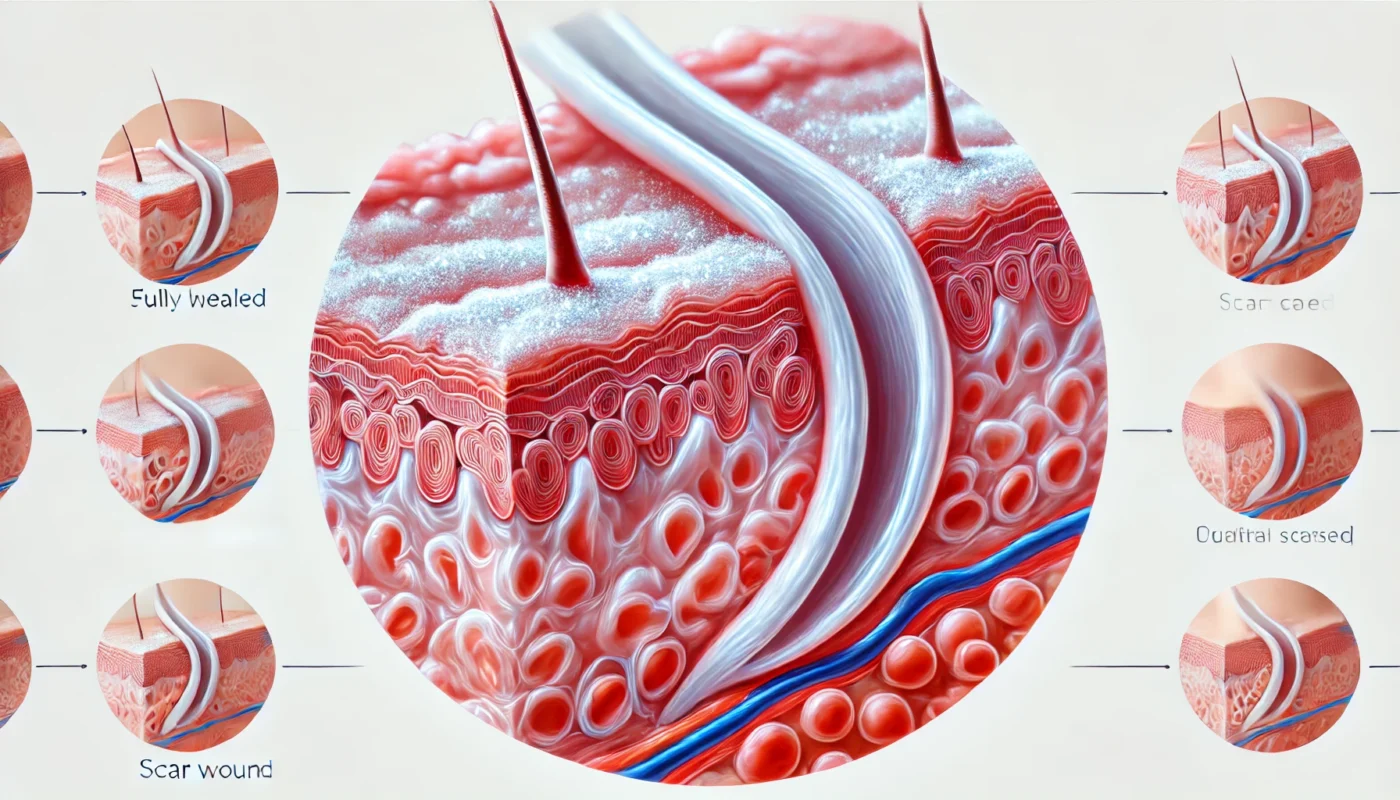Lyrica, also known by its generic name pregabalin, is commonly prescribed for nerve pain associated with conditions like fibromyalgia, diabetic neuropathy, and post-herpetic neuralgia. While it can be effective in these cases, some individuals experience side effects such as dizziness, fatigue, and weight gain, prompting a search for alternatives.
Tag Archives: omega-3 fatty acids
Before we delve into dietary strategies, it’s essential to understand what back arthritis entails. This condition often results from the wear and tear of the cartilage cushioning the spine’s joints, leading to pain, stiffness, and reduced mobility. Osteoarthritis is the most common form affecting the spine, but rheumatoid arthritis and ankylosing spondylitis can also impact the back.
Arthritis is not a single disease but rather a term that encompasses over 100 different conditions affecting the joints. Osteoarthritis and rheumatoid arthritis are the most common types, each with distinct causes and treatment approaches. Regardless of the type, arthritis often results in joint pain, stiffness, and swelling, leading to decreased mobility and impacting daily activities.
Oxycodone is a potent opioid analgesic, commonly prescribed for managing moderate to severe pain. It works by binding to the mu-opioid receptors in the brain, altering the perception of pain and emotional response to it. As effective as it is, Oxycodone is not without its risks, including potential dependency and a host of side effects ranging from dizziness to respiratory depression.
In the aftermath of any traumatic injury, including stab wounds, the journey to full recovery doesn’t end once the wound has closed. The long-term care of healed stab wounds is a crucial step to ensure optimal recovery and prevent potential complications. This article delves into the complexities of wound healing, offering practical advice and insights grounded in scientific research to help individuals manage their recovery process effectively.
Skin regrowth is a fascinating and complex process that plays a crucial role in maintaining our body’s protective barrier. Whether you are a fitness enthusiast pushing your physical limits or a medical patient on the road to recovery, understanding how skin heals and regenerates can empower you to take proactive steps in supporting this vital process. In this comprehensive guide, we will delve into the factors that influence skin regrowth after damage, explore the stages of wound healing, and offer practical advice to aid and expedite recovery.
Pain is an inevitable part of life, but it doesn’t have to control yours. Whether you’re a fitness enthusiast seeking to recover from a strenuous workout, a health enthusiast looking to optimize your wellbeing, or a medical patient managing chronic discomfort, understanding pain relief methods is crucial. This article delves into the top 10 pain relief methods, offering a comprehensive overview of each approach and how it can be applied to improve your health and quality of life.
Nerve pain, or neuropathic pain, is a complex and often chronic condition that arises from damaged or dysfunctional nerves. Unlike the pain from an injury or inflammation, neuropathic pain is more challenging to treat with standard painkillers. Medications like gabapentin, pregabalin, and certain antidepressants are commonly prescribed, but they often come with a host of side effects, prompting individuals to seek alternative remedies.
Living with chronic pain can be an overwhelming challenge that affects every aspect of daily life. Whether you’re a fitness enthusiast dealing with persistent muscle pain, a health enthusiast seeking alternatives to traditional medicine, or a medical patient looking for relief, understanding long-term pain relief options is crucial. This article delves into various approaches, from traditional medications to holistic therapies, to help you make informed decisions about managing chronic pain.
When the sun’s rays leave your skin scorched and discolored, it’s not just discomfort you’re dealing with—it’s also the aftermath of sun damage. Sunburns can lead to skin discoloration, making it essential to find effective remedies for skin whitening post-sunburn. In this guide, we delve into holistic and alternative approaches to help you lighten sunburned skin and repair sun damage.










